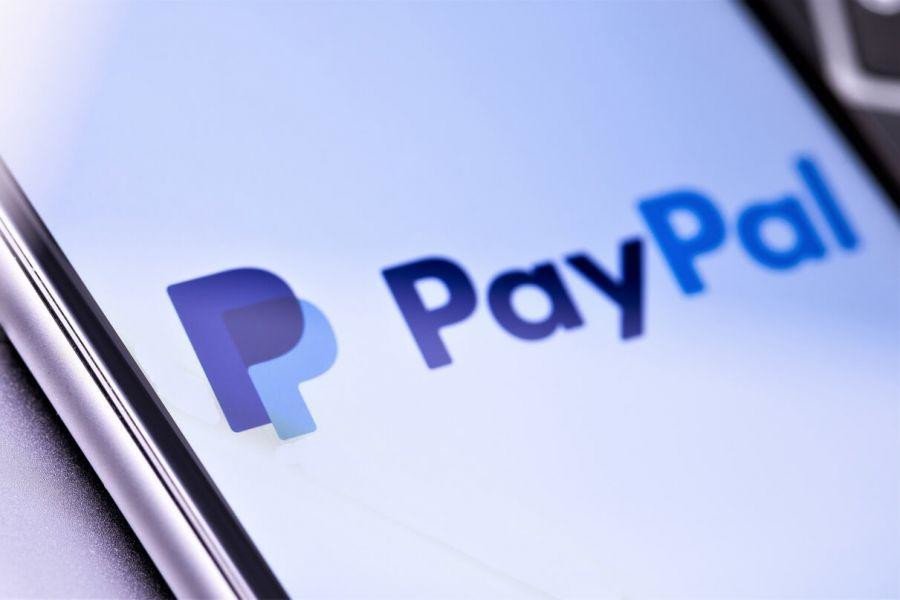The partnership that shapes the future of technology

Most people associate blockchain with cryptocurrencies like Bitcoin and Ethereum, but that’s like thinking the internet is just a search engine.
At its most basic, blockchain is a digital record of transactions. The technology decentralises data storage, so that data can be owned and managed by several parties instead of a single governing authority.
But while blockchain and artificial intelligence (AI) may seem like something out of a movie, they are actually revolutionizing the financial industry right in front of our faces.
Blockchain and artificial intelligence (AI) are the two most important and growing technologies. Blockchain is adaptable and easy to use, while AI has overcome all its limits when it comes to performance testing in labs. Both are rooted in modern technical breakthroughs, but their origins are different.
Blockchain is a shared and permanent ledger that will be used for data encryption in the future. However, the AI engine allows a person to assess and make judgments based on the collected data.
It is important to note that each technology has several facets, but the combination of both technologies will play a significant role.
What role does blockchain play in AI?
Data processing can be provided using blockchain. Since AI algorithms require a large amount of data to train and learn, blockchain can provide a secure and transparent method of storing and managing data.
The distributed ledger technology of blockchain can verify that data has not been tampered with and that the data source is verified and trusted.
There is also the issue of data sharing. Without the need for a single intermediary, blockchain can enable secure and transparent data sharing between multiple parties. This is useful in situations where multiple parties need to collaborate on AI models or share data for training.
Model management. As AI models become more complex, managing them successfully becomes more difficult.
The technology can provide a transparent and auditable method for managing AI models and ensuring that they are used ethically and responsibly.
Decentralized AI. Blockchain can provide decentralized AI networks where nodes contribute processing power and data to train AI models collaboratively. This could result in faster and more efficient AI training, as well as help democratize AI.
Ultimately, the technology can help increase the trustworthiness and transparency of AI systems by providing a secure and transparent way to manage data and control AI models.
Where this is used
AI assists companies in analyzing patient data to gain actionable insights using patient data stored on it in the form of electronic medical records (EMR). AI-powered data can be used to predict and improve patient health outcomes.
In a number of ways, the pharmaceutical business utilizes the properties of blockchain and artificial intelligence. These include programs to detect counterfeit drugs, obtain consent for clinical trials, validate data and collaborate on machine learning projects to better understand the biological effects of tiny compounds.
The technology enables supply chains to securely trace components back to their origin. More businesses are also sharing supply chain data through consortium networks that use big data to provide intelligent solutions to collaborating suppliers.
Artificial intelligence is fueling solutions for loading port automation, demand and supply analysis and quality control systems for transported goods.
Furthermore, AI is paving the way in the financial industry, with many blockchains using AI to optimize operations.
Fraud detection, credit risk evaluation, customer management, account security and regulation are some of the use cases in this area.
Using AI in conjunction with blockchain has made it possible for banks and small businesses to scale up their operations while quickly reducing operating expenses.
Don’t miss important articles during the week. Subscribe to the blockbuild weekly digest for updates.

![Bitcoin [BTC] R&D takes center stage when Uncle Sam makes a move Bitcoin [BTC] R&D takes center stage when Uncle Sam makes a move](https://www.cryptoproductivity.org/wp-content/uploads/2023/03/AMBCrypto_White_house_Bitcoin_in_the_background_nightime_moonli_6bcbe65b-49fe-4e9f-ac60-3850fff3beb8-1000x600-520x245.png)





















